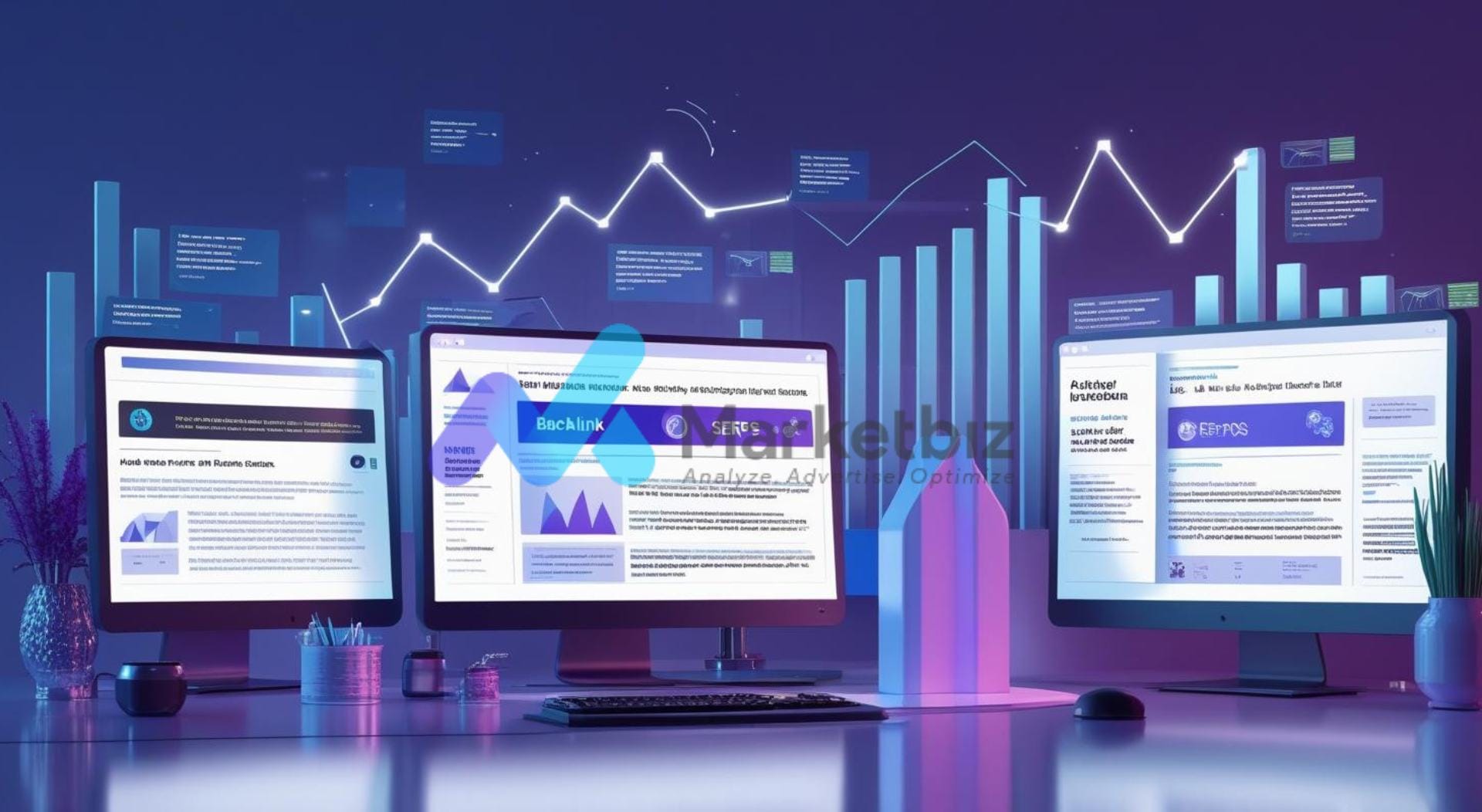In the world of digital marketing, getting featured in online media used to be a go-to strategy to boost visibility on search engines. Backlinks from reputable outlets like Kompas, Detik, or CNN Indonesia were highly effective in pushing a website’s ranking. But with the rise of AI technologies and new Google features like Search Generative Experience (SGE), is media coverage still as influential on SEO as it once was?
How the SEO Landscape Has Changed in the Age of AI
Google is now far more intelligent. Search engines don’t just evaluate the quantity of inbound links—they also consider context, author authority, and public trust in a brand. The SGE feature allows users to receive direct AI-generated answers without visiting a website. As a result, the potential for clicks to news sites or blogs has diminished.
Additionally, AI-generated content from tools like ChatGPT and Gemini is beginning to replace traditional media articles as primary information sources.
Are Media Backlinks Still Relevant?
In short: Yes, but with conditions.
Media backlinks continue to send valuable authority signals to search engines. However, to maximize their impact, several factors must be in place:
- The content must be relevant and of high quality
- The media outlet should have a strong reputation
- The backlink should be supported by robust content on your own site
This means media coverage is no longer just about brand exposure—it should be integrated into a broader, well-structured SEO strategy.
The Reality of SEO Today
Here’s why media still holds weight in the current SEO environment:
- Domain Strength: National news outlets typically have strong technical reputations
- Entity Recognition: Google is getting better at identifying brands frequently mentioned in credible contexts
- EEAT Factors: Media coverage supports Experience, Expertise, Authoritativeness, and Trustworthiness
However, one-off press releases or standalone mentions tend to have little long-term SEO value.
Case Study: Real-World Evidence
A small business in the health sector received coverage from national digital media. Within three weeks, their organic traffic rose by 28%. Their success came not just from the coverage, but from updating older content, improving their on-page SEO, and strategically linking to relevant internal pages.
How to Optimize Media Coverage
To ensure media features contribute to lasting SEO results:
- Highlight the media link on your “About Us” page as social proof
- Link the media article to other pages on your website
- Repurpose the topic into a new blog or guide
- Promote the media feature through social media and email
Media coverage still plays a role in SEO, but the approach must evolve. In the AI era, media isn’t just about backlinks—it’s about how your brand is recognized, trusted, and ranked by search engines. The key lies in synergy: combining external authority with strong internal content and technical SEO.
Want to discuss how to integrate digital PR with modern SEO? Visit marketbiz.net or contact us via Instagram @marketbiznet_






